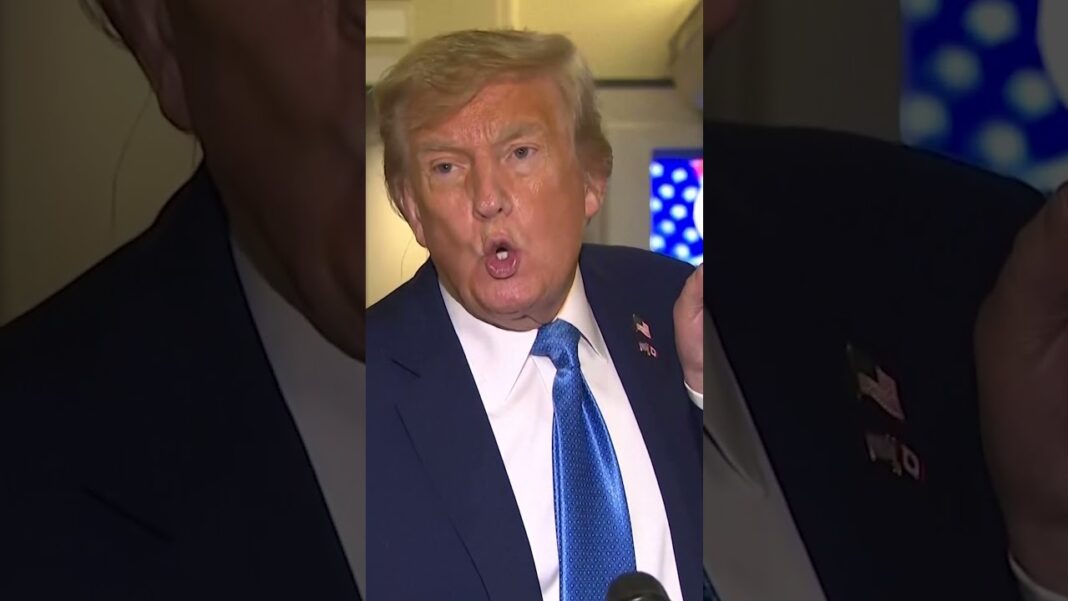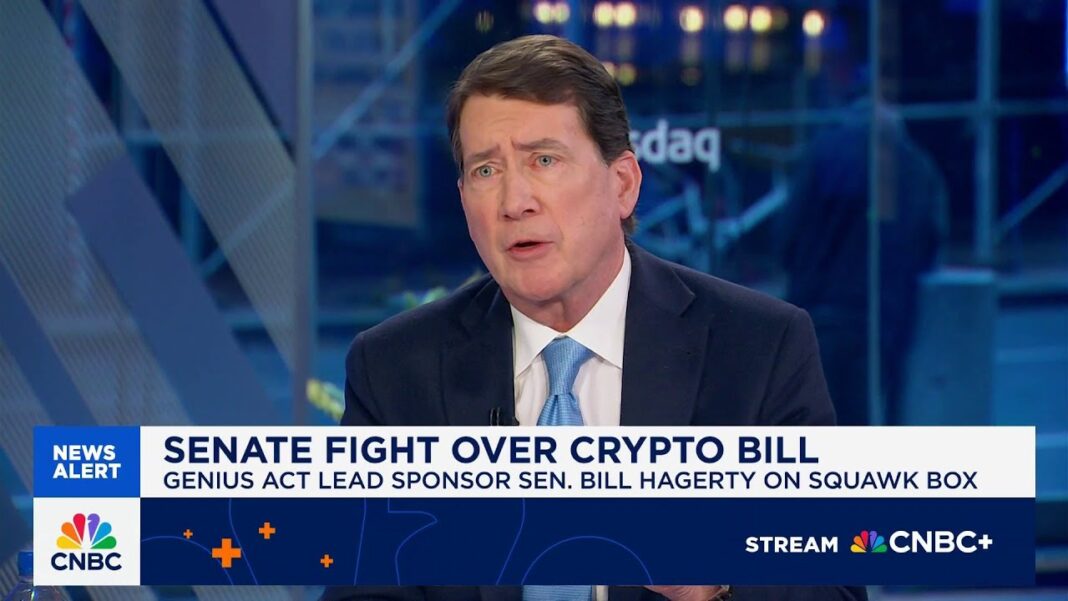The escalating conflict between Israel and Iran, ignited by Israel’s bold airstrikes on Iranian nuclear facilities and military targets, presents a critical opportunity for the United States to assert its strategic interests in the Middle East. President Donald Trump’s cautious approach to Iran, emphasizing diplomacy, risks squandering a chance to decisively neutralize a dangerous adversary. The U.S. must fully support Israel’s military campaign, provide robust military assistance to destroy Iran’s nuclear program, and work toward toppling the Iranian regime to secure regional stability and protect American interests.
President Trump has long positioned himself as a strong supporter of Israel, touting his role in moving the U.S. embassy to Jerusalem and brokering the Abraham Accords. His current approach to Iran, however, has leaned heavily on diplomatic negotiations aimed at curbing its nuclear ambitions. While Trump has expressed a desire to avoid war, his reluctance to fully back Israel’s aggressive actions against Iran’s nuclear facilities and leadership risks undermining his legacy as a decisive leader. Iran’s nuclear program, which has advanced to dangerous levels with enriched uranium stockpiles nearing weapons-grade thresholds, poses an existential threat not only to Israel but to U.S. allies and interests across the region.
Trump’s diplomatic efforts, led by special envoy Steve Witkoff in Oman, have faltered as Iran has rebuffed demands for a complete halt to its nuclear enrichment. The recent Israeli strikes, which killed key Iranian military figures like Hossein Salami and Mohammad Bagheri, have disrupted these talks, but they have also created a strategic opening. By aligning with Israel’s campaign, Trump can shift from a reactive stance to a proactive one, capitalizing on Iran’s weakened position to achieve a decisive victory.
Israel’s “Operation Rising Lion,” launched on June 13, 2025, targeted Iran’s nuclear infrastructure, including the Natanz enrichment facility, and dealt significant blows to its military leadership. These strikes aim to prevent Iran from developing a nuclear weapon, a goal that aligns with U.S. interests given Iran’s history of sponsoring terrorism and threatening American forces in the region. Israel’s actions, while unilateral, were a necessary response to Iran’s refusal to abandon its nuclear ambitions and its aggressive missile attacks on Israeli cities like Tel Aviv and Jerusalem.
Israel’s campaign is not merely defensive but a strategic necessity. Iran’s nuclear program, if left unchecked, could embolden the regime to expand its influence, destabilizing Sunni allies like Saudi Arabia and Jordan, and threatening global energy markets by controlling the Strait of Hormuz. Israel’s willingness to act decisively, even without full U.S. backing, underscores its role as a critical ally in confronting shared threats. Trump should recognize this and provide Israel with the military support needed to finish the job, including advanced weaponry, intelligence sharing, and potential joint operations.
The United States has a compelling interest in joining Israel to destroy Iran’s nuclear program and topple the regime. First, a nuclear-armed Iran would fundamentally alter the Middle East’s balance of power, threatening U.S. allies and emboldening Iran’s proxies, such as Hezbollah and the Houthis, to escalate attacks on American interests. The regime’s missile strikes on Israel demonstrate its willingness to act aggressively, and its threats to target U.S. bases in the region suggest that American personnel are already at risk.
Second, military action is the only reliable means to eliminate Iran’s nuclear threat. Decades of diplomacy, including the flawed 2015 nuclear deal, have failed to curb Iran’s ambitions. The International Atomic Energy Agency has reported that Iran’s nuclear infrastructure remains resilient, with dispersed and hardened facilities that can be rebuilt absent a sustained campaign. Israel’s strikes have damaged key sites, but without U.S. support—such as precision-guided munitions, stealth aircraft, and cyber capabilities—Iran could recover and resume its pursuit of a bomb.
Third, toppling the Iranian regime would deliver a strategic victory for the U.S. The Islamic Republic’s leadership has been a persistent source of instability, funding terrorism and suppressing its own people. A regime change, potentially sparked by internal dissent following military setbacks, could pave the way for a more cooperative government in Tehran. This aligns with Trump’s broader vision of reshaping the Middle East, as seen in his success with the Abraham Accords, by fostering a region aligned with U.S. and Israeli interests.
Critics, including some within Trump’s base, argue that U.S. military involvement contradicts his “America First” agenda and risks another costly war. However, supporting Israel’s campaign is not about nation-building but about neutralizing a clear and present danger. A limited, focused military operation, leveraging U.S. technological superiority, could achieve this without the need for ground troops or prolonged occupation. The costs of inaction—allowing Iran to acquire nuclear weapons or escalate attacks on U.S. interests—would be far greater, both in terms of lives and economic impact, particularly if Iran disrupts global oil supplies.
Trump’s domestic supporters, including influential voices like Senator Lindsey Graham, have urged a strong response, arguing that backing Israel strengthens America’s global standing. By contrast, hesitation could embolden adversaries like China and Russia, who have expressed sympathy for Iran’s position. A decisive U.S. role in this conflict would signal to the world that Trump’s administration is unafraid to confront threats, reinforcing his image as a strong leader.
To secure U.S. interests, Trump should take immediate steps to support Israel’s campaign. First, he should authorize the Pentagon to provide Israel with advanced munitions, including bunker-busting bombs, to target Iran’s hardened nuclear sites. Second, the U.S. should deploy additional naval and air assets to the region to deter Iranian retaliation and protect American bases. Third, Trump should coordinate with Israel on a strategy to weaken the Iranian regime, potentially through cyberattacks and support for internal opposition groups, to hasten its collapse.
The Israel-Iran conflict is a defining moment for Trump’s presidency. By fully backing Israel and committing to the destruction of Iran’s nuclear program and the toppling of its regime, Trump can protect U.S. interests, strengthen a key alliance, and reshape the Middle East for the better. Hesitation risks squandering this opportunity and allowing Iran to emerge stronger, threatening America and its allies for years to come. The time for decisive action is now.







